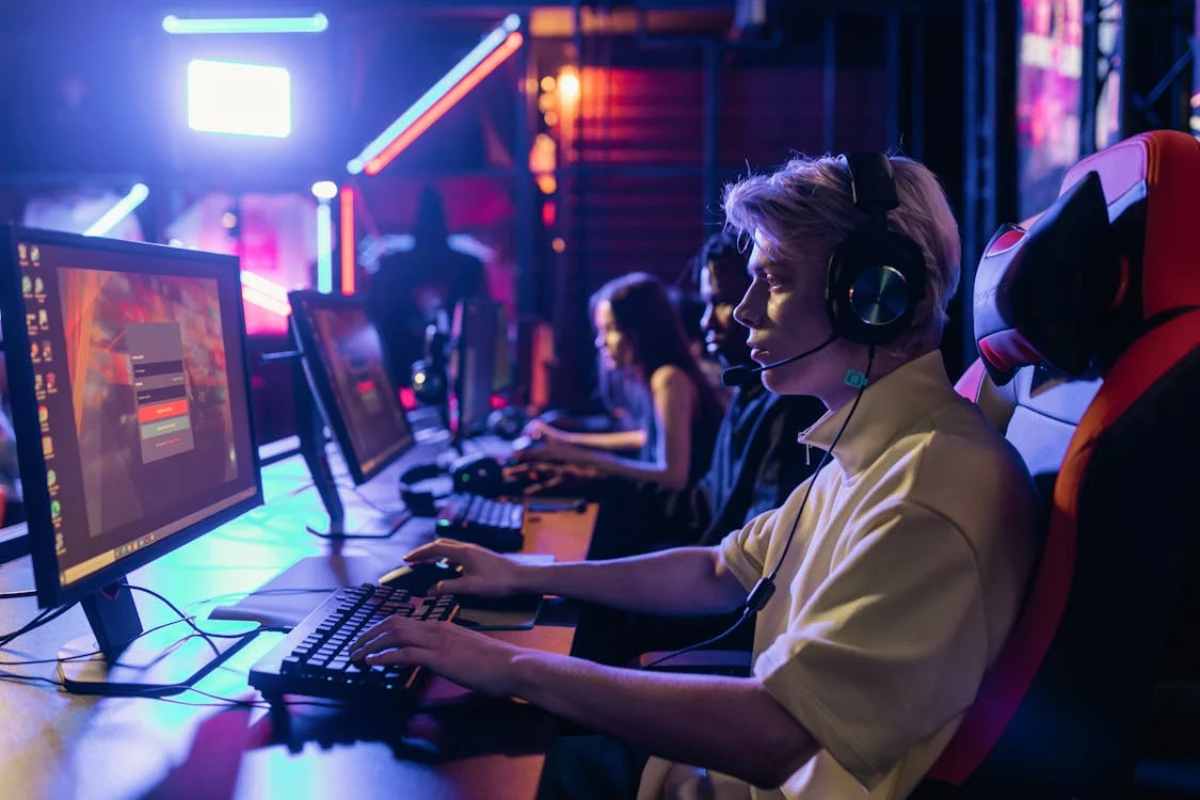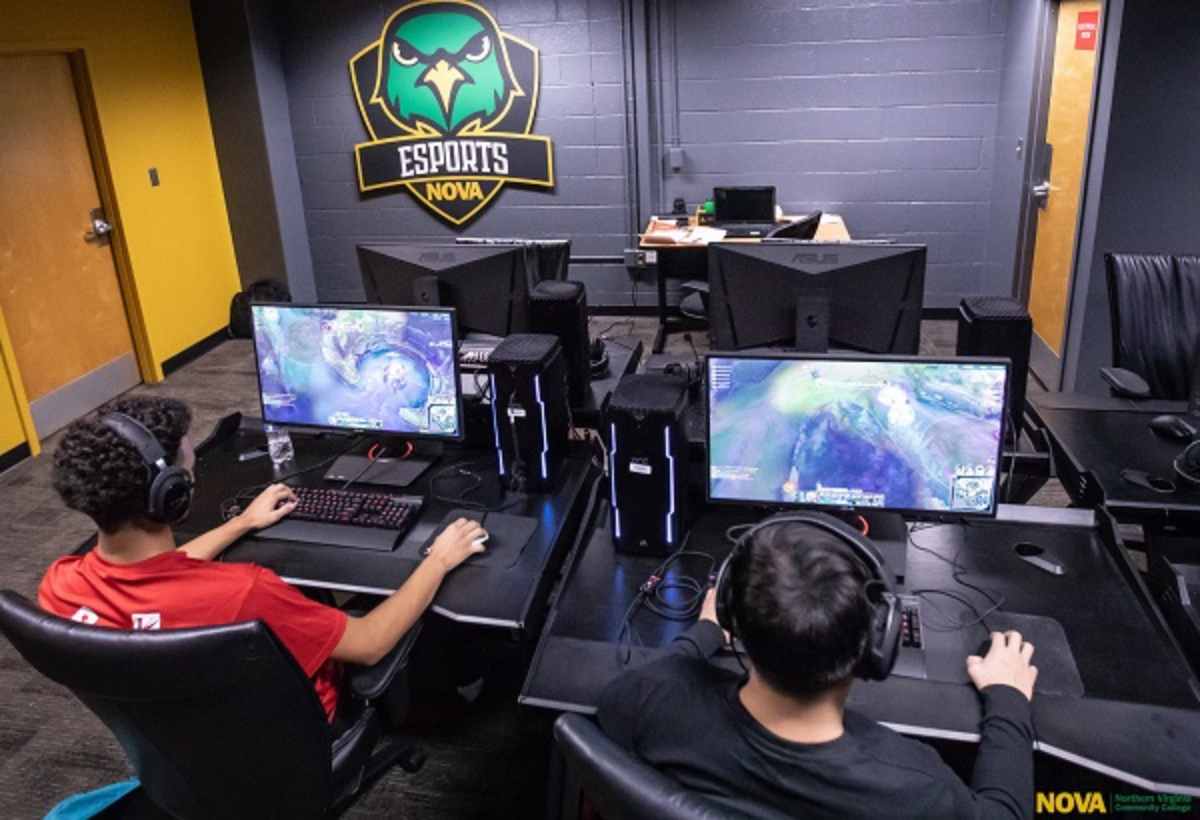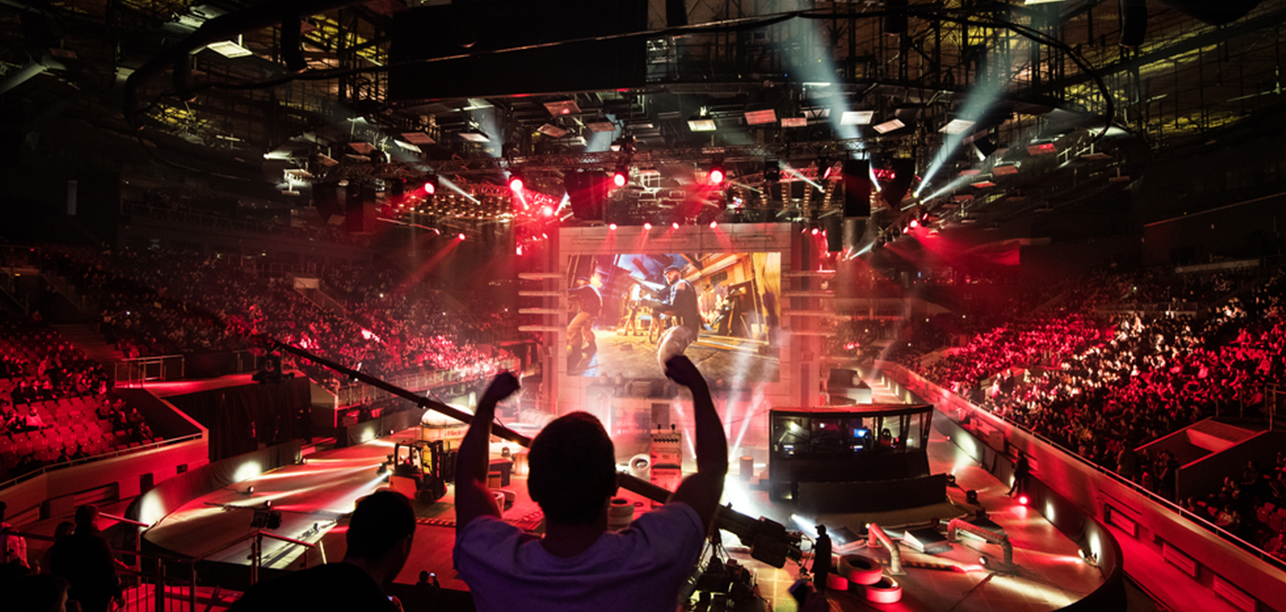
The Impact of Esports on College and University Programs
Esports has taken the world by storm, captivating the minds of millions over the years. What used to be a niche hobby has exploded into a booming industry. Professional esports tournaments are attracting audiences similar in scale to traditional sporting events. This growth is particularly evident in the rise of esports in schools and institutions of higher education. This evolution is more than a passing trend.
It is a shift in the relationship between educational institutions and digital sports-related qualifications. This blog looks at how esports affect college and university programs through college esports scholarships, the number of universities’ esports teams, and college gaming.
Key Benefits / Why It Matters

The integration of esports into higher education is more than an opportunity for students to play video games competitively. It signifies a broader cultural and educational shift. It brings numerous benefits to students and institutions alike.
Expanding Opportunities Through College Esports Scholarships
The introduction of college esports scholarships has opened new avenues for students to pursue higher education. Much like traditional sports scholarships, these financial aids are designed to attract talented gamers to institutions. It offers them the chance to develop their skills while earning a degree. This approach broadens the scope of scholarship opportunities. It also acknowledges esports as a legitimate field of talent and competition.
Universities with Esports Teams: A New Frontier
As the popularity of esports continues to rise, more universities are establishing their own esports teams. These teams compete in various collegiate leagues, providing students with the chance to represent their institutions on national and international stages. Universities with esports teams benefit from increased visibility and appeal to a new demographic of tech-savvy students. It enhances their reputation and broadens their appeal.
Growth of Collegiate Gaming: A Cultural Shift
The growth of collegiate gaming is a larger cultural shift towards the acceptance and celebration of digital sports. As esports becomes more entrenched in college life, it fosters a sense of community. Students who might not fit into traditional athletic moulds will find belonging. This inclusivity is vital in creating a diverse and dynamic campus environment.
Step-by-Step Guide / Actionable Insights

For schools wanting to add esports, a clear plan is key. Below is a step-by-step guide to establishing a successful collegiate esports program.
Step 1: Assessing Institutional Readiness
Before diving into esports, universities must assess their readiness. This means knowing how interested students are, checking available resources, and seeing how it could affect the institution’s brand and culture.
Step 2: Building Infrastructure
A successful esports program requires appropriate infrastructure. This means setting up gaming spaces with powerful computers, fast internet, and comfy seats. Institutions should also think about adding streaming and broadcasting options. This will help showcase their teams’ performances.
Step 3: Develop a Curriculum
Esports isn’t just about competition. It also provides learning chances in areas like game design, marketing, and event management. Schools should create courses that include these elements. This will help students grasp the esports industry better.
Step 4: Establishing Partnerships
Working with industry partners can improve the quality and reach of a college esports program. Gaming companies, tech providers, and esports organizations can partner with schools. This helps students gain access to the latest resources and networking chances.
Step 5: Promoting Inclusivity and Diversity
Esports should be accessible to all students, regardless of gender, background, or skill level. Institutions should promote inclusivity and diversity in their programs. This creates a welcoming environment for everyone.
Additional Expert Tips & Common Mistakes to Avoid
Best Practices for Successful Esports Programs
- Foster a Supportive Community: Encourage a sense of camaraderie and teamwork among esports participants. This can be achieved through regular team-building activities and open communication channels.
- Prioritise Academic Balance: Esports can be demanding. It is crucial to ensure that students maintain a healthy balance between gaming and academics. Schools should offer help and advice to assist students in managing their time well.
Common Mistakes and Misconceptions
- Neglecting Non-Competitive Aspects: Focusing solely on competitive play can limit the potential of an esports program. Institutions should also emphasise the educational and social aspects of esports.
- Underestimating Resource Requirements: Esports programs require significant investment in terms of infrastructure and staffing. Institutions must be prepared to allocate adequate resources to support their programs.
Advanced Insights / Expert Recommendations
Leveraging Esports for Broader Educational Goals
Esports can serve as a catalyst for achieving broader educational goals. Integrating esports with STEM (Science, Technology, Engineering, and Mathematics) programs can inspire students. This approach encourages them to explore careers in tech-related fields. Esports can boost critical thinking, problem-solving, and teamwork skills. These skills are important in today’s job market.
Embracing Technological Advancements
As technology continues to evolve, so too will the landscape of esports. Institutions need to keep up with new technology and adjust their programs as needed. This might include adding virtual reality (VR) and augmented reality (AR) to esports. This will give students exciting, high-tech experiences.
College and University Sports vs Esports

Esports have profound and multifaceted effects on college and university programs. Esports is revolutionising higher education. They are expanding accessibility through scholarship opportunities to create community and inclusivity. As more institutions see the potential of this new field, they must integrate it carefully and strategically. Such efforts are not only to improve academic services, but also to prepare students for success in a highly digital world.
As we look to the future, the question remains. How will your institution use the power of esports to create a more dynamic and inclusive educational experience? The time to act is now, and the possibilities are endless.


